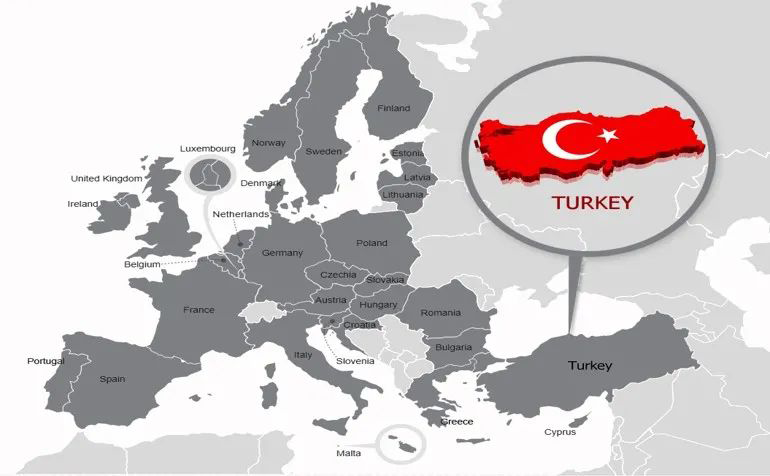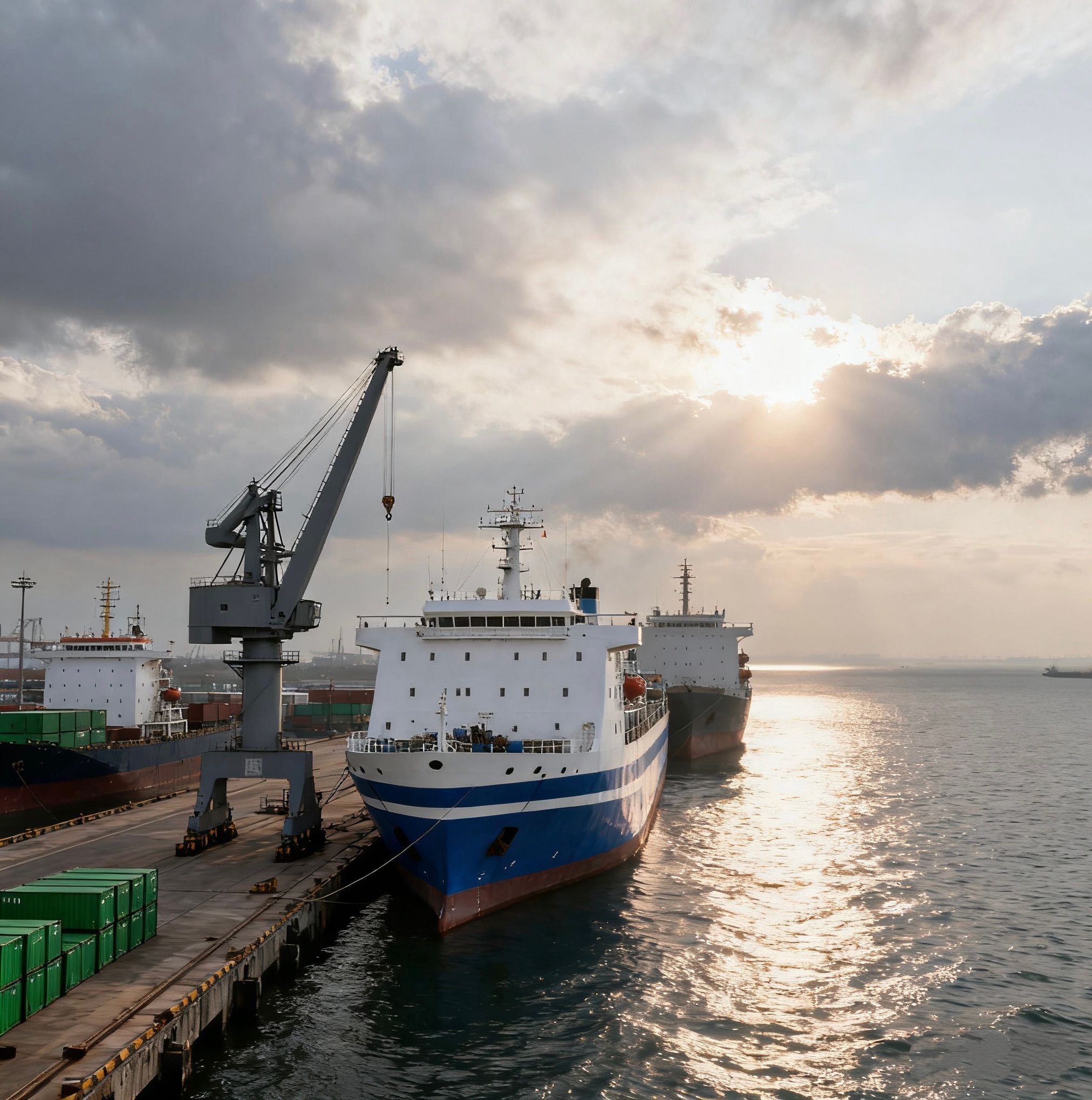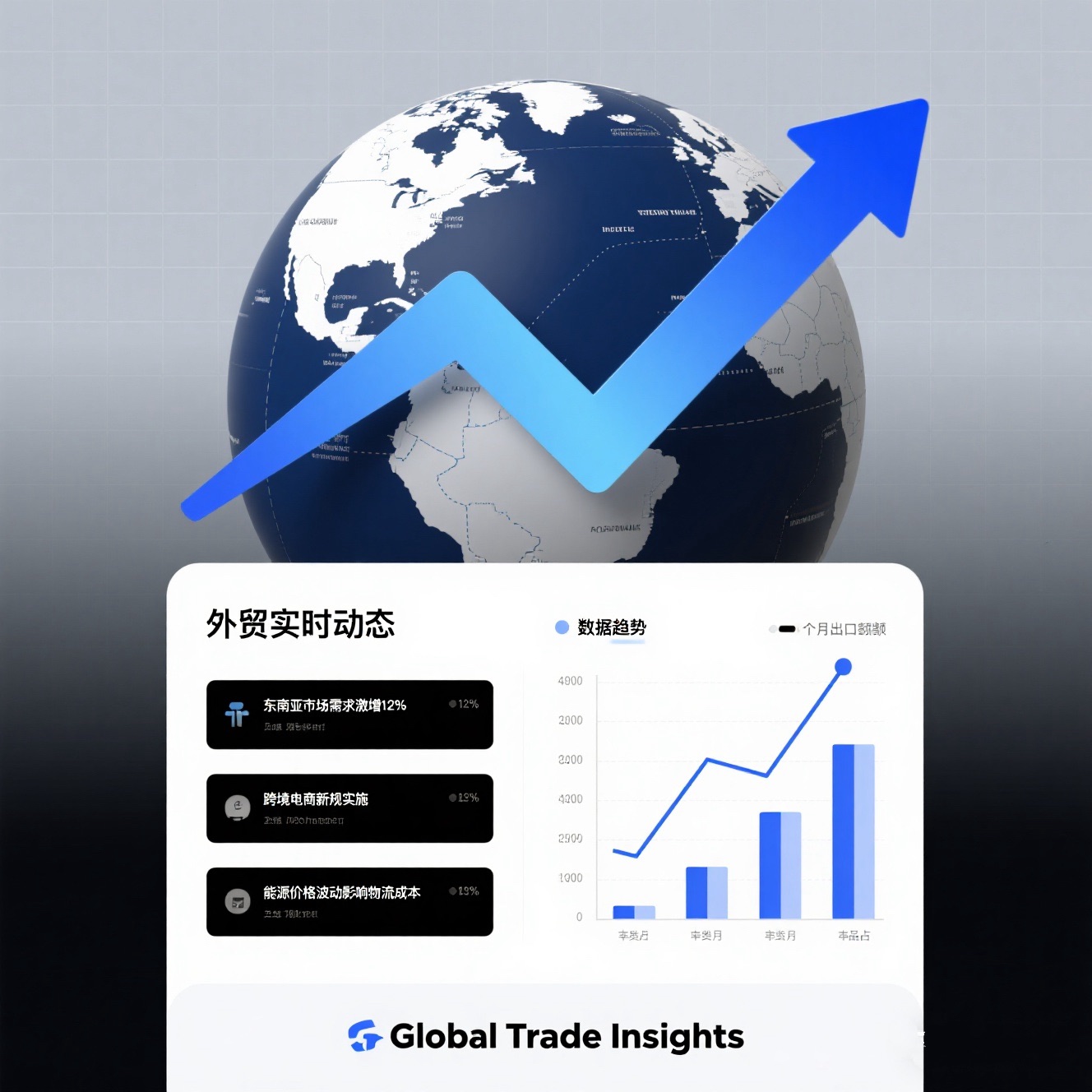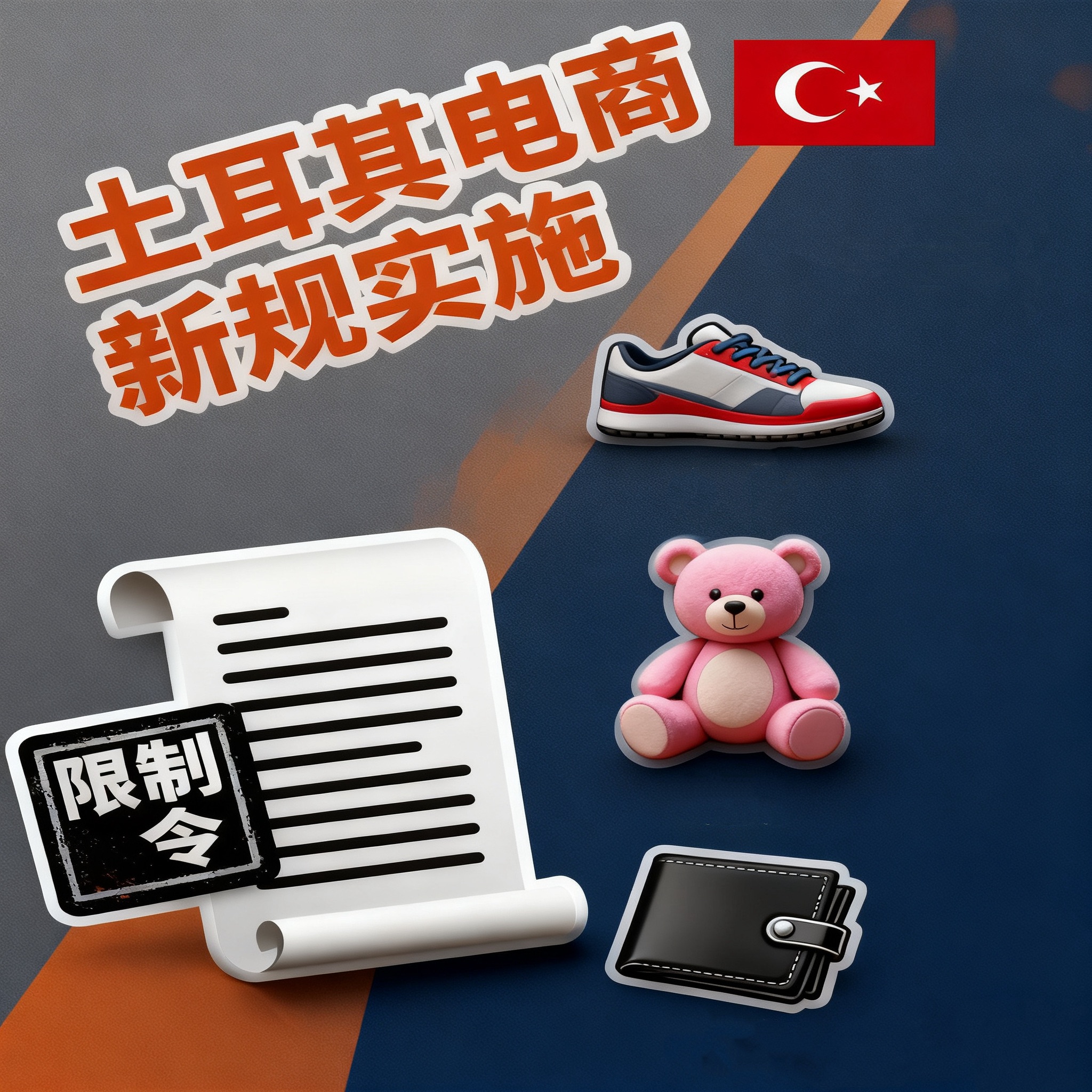
Turkey Tightens Import Controls: New Restrictions Target Three Product Categories from Chinese E-commerce, Intensifying Trade Compliance Challenges
“Turkey's new import restrictions on key Chinese e-commerce goods, driven by safety concerns and trade protectionism, necessitate immediate exporter action in compliance and market diversification.”
The Turkish Ministry of Trade recently officially announced that, effective October 20, 2025, the import of high-risk footwear, toys, and leather products (including genuine and synthetic leather bags and suitcases) via postal and express channels under the "simplified customs declaration" procedure is prohibited. This policy aims to strengthen quality and safety controls on cross-border e-commerce products, particularly targeting certain goods originating from Chinese retail platforms.
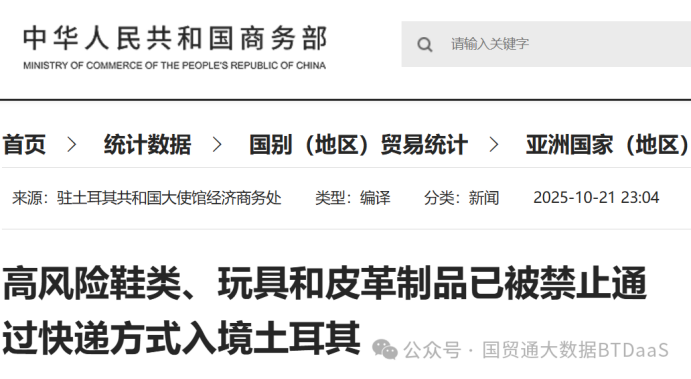
I. Regulatory Background and Compliance Focus
According to joint inspection results from the Turkish Product Safety Inspection Authority and the Consumer Protection and Market Surveillance Authority, among 182 categories of e-commerce products inspected, a significant number—148 categories—failed to meet national safety standards, resulting in a non-compliance rate of 81%. Regulatory authorities detected severely excessive levels of hazardous substances such as phthalates, lead, cadmium, and polycyclic aromatic hydrocarbons (PAHs) in footwear, toys, and leather goods, directly violating Turkey's *Product Safety and Technical Regulations* and relevant EU RoHS reference standards.
This measure also responds to long-standing appeals from Turkey's domestic manufacturing sector. Local producers have pointed out that while Chinese e-commerce goods have rapidly expanded their market share through competitive pricing and scale, some products pose potential risks in terms of chemical safety and quality compliance, impacting local small and medium-sized enterprises.
II. Policy Evolution and Systematization of Regulatory Trends
This restriction is not Turkey's first move to tighten e-commerce imports from China. In 2024, in response to surging orders from Chinese platforms including Temu, Turkey already reduced the de minimis threshold for cross-border e-commerce purchases from €150 to €30 and comprehensively raised import tax rates:
Tax rates on goods from EU countries increased from 18% to 30%
Tax rates on goods from non-EU countries increased from 30% to 60%
An additional 20% fixed tax is levied on product categories falling under the Special Consumption Tax Law.
According to disclosures from the Turkish Ministry of Trade, the government is further evaluating the feasibility of lowering the tax-free threshold from €30 to €22 to continuously curb the inflow of small parcels.
In the realm of traditional trade, Turkey has also strengthened trade barriers against China through the "two anti-one safeguard" mechanism. Since 2025, Turkey has successively initiated multiple rounds of anti-dumping and countervailing investigations into products originating from China, including synthetic fibers, non-woven fabrics, stainless steel welded pipes, and photovoltaic aluminum frames, covering several key industries such as textiles, steel, and new energy.
III. China-Turkey Trade Structure and Market Rebalancing Challenges
Currently, China remains Turkey's largest import source. Major exported products from China to Turkey include electronic equipment, industrial machinery, photovoltaic modules, and manufacturing raw materials. In the first half of 2025, Turkey's trade deficit with China increased by 16.3% year-on-year, highlighting the deep dependency and structural imbalance within the supply chain between the two sides.
Simultaneously, leveraging its geographical advantage at the crossroads of Europe and Asia and its increasingly sophisticated industrial system, Turkey's domestic manufacturing sector continues to enhance its export competitiveness in fields such as textiles, home goods, food processing, hardware, and consumer electronics. Against the backdrop of the restructuring of the global landscape and the trade policies of the Trump administration, Turkey is actively promoting "manufacturing localization" and "market diversification" to reduce its trade deficit and elevate its position in the global value chain.
IV. Corporate Countermeasures and Compliance Recommendations
In the face of Turkey's continuously escalating regulations, it is recommended that relevant export enterprises:
1. Implement Full Supply Chain Compliance Management:** Proactively align product design, raw material procurement, and production processes with Turkish chemical restrictions and labeling requirements. Obtain internationally recognized certifications such as TSE and EU CE marking.
2. Optimize Cross-border Logistics and Customs Clearance Models:** Avoid reliance on simplified clearance for small postal parcels. Shift towards formal trade declaration procedures and local warehouse stocking models to reduce the risk of individual shipment inspections.
3. Monitor Policy Dynamics and Industry Substitution Trends:** Utilize customs data and industry intelligence systems to track changes in Turkey's technical trade measures in real-time. Simultaneously explore cooperation opportunities in alternative markets such as Central and Eastern Europe and Central Asia.
In the context of normalized global trade barriers and the restructuring of regional supply chains, proactively integrating compliance building into market expansion strategies will become a key pathway for Chinese foreign trade enterprises to build sustainable competitiveness.

